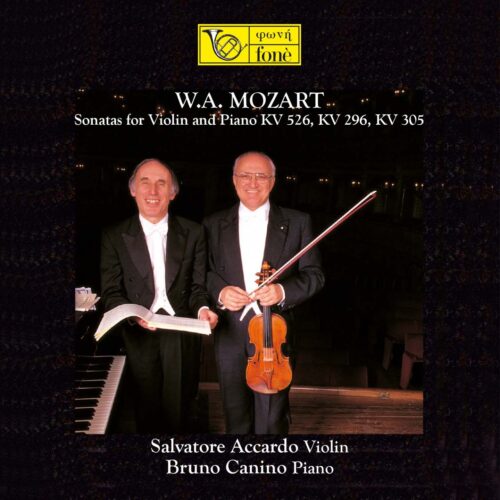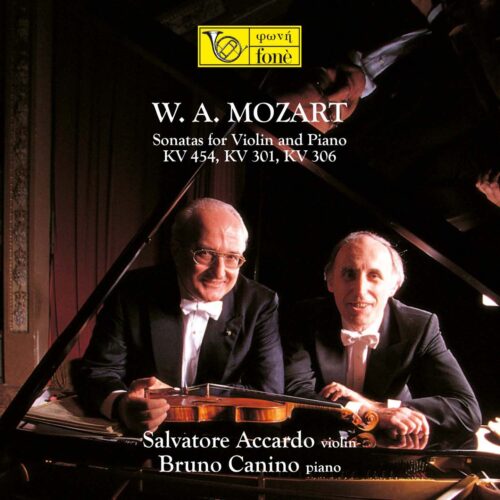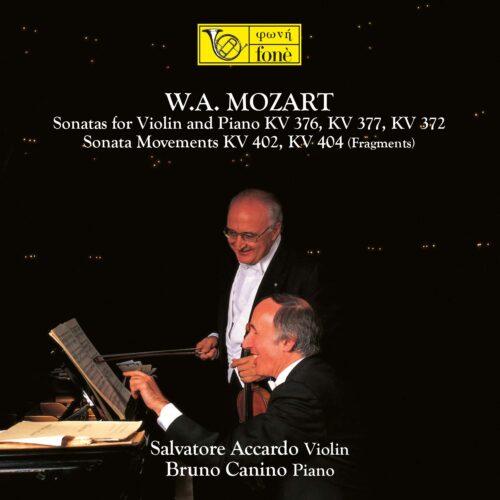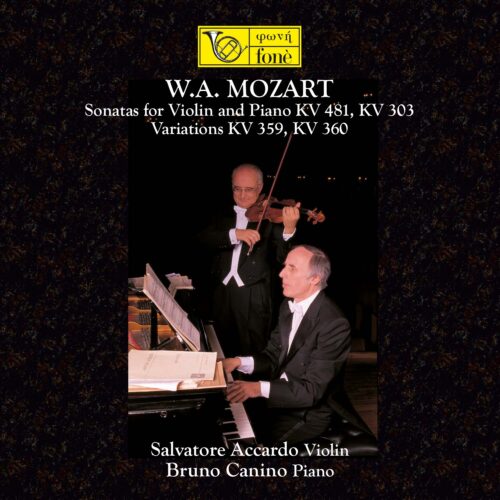Sly & The Family Stone – Original Album Classics (2010) 5CD
Artist: Sly & The Family Stone Title Of Album: Original Album Classics Year Of Release: 1967-71/2010 Label (Catalog#) :Epic,Sony Music,Legacy 88697770802 Country:: USA Genre: Funk, Soul, Psychedelic Rock Quality: FLAC (*image + .cue,log) Bitrate: Lossless Time: 04:41:29 Full Size: 1.79Gb(+3%)(covers) Info: wiki Upload: xfile.cloud

Sly & The Family Stone – Original Album Classics (2010) 5CD
Artist: Sly & The Family Stone Title Of Album: Original Album Classics Year Of Release: 1967-71/2010 Label (Catalog#) :Epic,Sony Music,Legacy 88697770802 Country:: USA Genre: Funk, Soul, Psychedelic Rock Quality: FLAC (*image + .cue,log) Bitrate: Lossless Time: 04:41:29 Full Size: 1.79Gb(+3%)(covers) Info: wiki Upload: xfile.cloud
03 10, 2025
Little Richard - Right Now! (Remastered) (2025) 1973
Исполнитель: Little Richard Альбом: Right Now! (Remastered) Жанр: Rock & Roll, Rhythm & Blues Год: (2025) 1973 Страна: USA Лейбл: Good Time Records Формат: FLAC (tracks) Official DR value: DR10 Разрядность: 24bit / 96kHz Stereo Размер: 739 MB Инфо: wiki Залито на: XFile (3% восстановление) «Exclusive for Lossless-Galaxy» Newly restored and remastered! Right Now! is a studio album by Little Richard, released in 1974. It was released without much publicity on the United Records label.

Little Richard - Right Now! (Remastered) (2025) 1973
Исполнитель: Little Richard Альбом: Right Now! (Remastered) Жанр: Rock & Roll, Rhythm & Blues Год: (2025) 1973 Страна: USA Лейбл: Good Time Records Формат: FLAC (tracks) Official DR value: DR10 Разрядность: 24bit / 96kHz Stereo Размер: 739 MB Инфо: wiki Залито на: XFile (3% восстановление) «Exclusive for Lossless-Galaxy» Newly restored and remastered! Right Now! is a studio album by Little Richard, released in 1974. It was released without much publicity on the United Records label.
03 10, 2025
Michael Schenker Group - Don't Sell Your Soul 2025
Исполнитель: Michael Schenker Group Альбом: Don't Sell Your Soul Жанр: Hard Rock, Heavy Metal Год: 2025 Страна: UK (London) Лейбл: earMUSIC Формат: FLAC (tracks) Official DR value: DR6 Разрядность: 24bit / 48kHz Stereo Размер: 577 MB Инфо: wiki Залито на: XFile (3% восстановление) «Exclusive for Lossless-Galaxy» "Don't Sell Your Soul" is the second part of a trilogy that was recorded in one piece. The first album "My Years with UFO" was followed by a sold-out tour and

Michael Schenker Group - Don't Sell Your Soul 2025
Исполнитель: Michael Schenker Group Альбом: Don't Sell Your Soul Жанр: Hard Rock, Heavy Metal Год: 2025 Страна: UK (London) Лейбл: earMUSIC Формат: FLAC (tracks) Official DR value: DR6 Разрядность: 24bit / 48kHz Stereo Размер: 577 MB Инфо: wiki Залито на: XFile (3% восстановление) «Exclusive for Lossless-Galaxy» "Don't Sell Your Soul" is the second part of a trilogy that was recorded in one piece. The first album "My Years with UFO" was followed by a sold-out tour and
03 10, 2025
Жанры
Lossless Galaxy Release
Русская музыка
--Поп
--Рок
--Панк
--Альтернатива
--Металл
--Рэп, Хип-Хоп, R'n'B
--Джаз и Блюз
--Фолк
--Шансон, Авторская песня
--СССР
Зарубежная музыка
--Pop
--Rock
--Hard Rock
--Progressive & Art-Rock
--Pop-Rock & Soft Rock
--Instrumental Rock
--Heavy, Traditional, Industrial Metal
--Power, Gothic, Sympho Metal
--Thrash, Speed, Groove, Modern Metal
--Death, Melodic Death, Doom, Dark Metal
--Black, Pagan, Folk, Viking Metal
--Alternative
--Punk
--Disco, Eurodance
--Rap, Hip Hop, R'n'B
--Reggae, Ska, Dub
--Jazz, Blues, Soul
--Folk, Country, Ethnic
--Electronic, Ambient, New Wave
--House, Techno, Trance
Другие жанры
--New Age, Relax, Meditative & Flamenco
--Chillout, Lounge, Downtempo, Trip-Hop
--Drum & Bass, Jungle, Breakbeat, IDM
--Classical / Классическая музыка
--Soundtrack
--Музыкальные сказки
Vinyl Rip
HI-Res / DVD-Audio / DTS
--SACD
--DSD
--DVD-Audio
Сборники Lossless-Galaxy
Альбомы 2022
Альбомы 2023
Альбомы 2024
Теги
1st Press 2022 2023 2024 2025 70... AOR Black Metal Blues Blues Rock Bootleg Series Classic Rock Death Metal Discography Exclusive for Lossless-Galaxy Folk Rock Fusion Hard Rock Heavy Metal Hi-Res Japanese Edition Jazz Jazz Rock lossless Melodic Death Metal Melodic Rock Modern Electric Blues Pop Pop Rock Power Metal Prog Rock Progressive Metal Progressive Rock Psych Rock Psychedelic Rock Rock SACD Symphonic Metal Thrash Metal Дискографии от KoGGaN
Архивы
Опрос
В каком формате хотели бы видеть релизы на сайте ?
 Автор: petruha, 20 августа 2023, Комментариев: 0, Просмотров: 443
Автор: petruha, 20 августа 2023, Комментариев: 0, Просмотров: 443W.A. Mozart - Sonatas for Violin and Piano KV 526, 296, 305 2022

Исполнитель: W.A. Mozart, Bruno Canino, Salvatore Accardo
Альбом: Sonatas for Violin and Piano KV 526, 296, 305
Жанр: Classical
Год: 2022
Страна: International
Лейбл: Fonè
Формат: DSD
Контейнер: DSF (*.dsf)
Тип рипа: tracks
Разрядность: 64 (2,8 MHz/1 Bit)
Аудиокодек: DSD (2.0)
Количество каналов: 2.0
Размер: 2,51 GB
Источник: nativedsd
Залито на: XFile (tracks + Booklet)
Альбом: Sonatas for Violin and Piano KV 526, 296, 305
Жанр: Classical
Год: 2022
Страна: International
Лейбл: Fonè
Формат: DSD
Контейнер: DSF (*.dsf)
Тип рипа: tracks
Разрядность: 64 (2,8 MHz/1 Bit)
Аудиокодек: DSD (2.0)
Количество каналов: 2.0
Размер: 2,51 GB
Источник: nativedsd
Залито на: XFile (tracks + Booklet)
“Mozart is a touchstone of the heart. If I want to do something especially dear to someone, I sit down at the piano and play them a piece by Mozart.” With these sentences, the great Mozart interpreter Edwin Fischer has said something essential. From every note of Mozart speaks an extremely sensitive and delicate, loving and at the same time masculine powerful character, which expresses itself with inventiveness and a mastery perhaps only comparable to Bach. That is why it is so difficult to play Mozart’s music “correctly”, as it often expresses the deepest with the smallest number of notes. Technical mastery alone is not enough. There must also be the ability of the heart to feel and create music as a form of genuine, loving communication with fellow human beings. No other classical composer, for example, entitled a movement with the epithet “amoroso” (Mozart’s designation for the Andante of the B flat major Sonata K. 281).
“Beethoven est superbe, mais Mozart est sublime”. It would be absurd to ask which of the two is the “deeper”. For a long time, Beethoven was considered the composer who expressed the transcendent, the ineffable, especially in his last works.
Indeed, in the variations of his last piano sonata Opus 111, this profundity is “palpable” – everyone feels it, interpreter and listener alike. Mozart’s profundity, on the other hand, is incomprehensible and therefore much more difficult to grasp. One can only speak of this mystery of Mozart in metaphors. His sonatas look at us like the gaze of a child, unfathomable, unfathomable. We feel the same way about them as we do about a Goethe poem: it is simply there, and one can hardly believe that it ever once did not exist. The spontaneity and apparent lightness of Mozart’s work has led generations of music lovers to believe that Mozart composed without effort, “like a bird sings”. In reality, behind this creation lies an infinitely arduous, tireless process of learning and working. Similar to Johann Sebastian Bach before him, Mozart studied numerous works by older and contemporary masters and constantly worked on his own perfection. The result of this combination of God-given talent and diligently acquired mastery was recognised by no one better than Joseph Haydn: “I tell you before God, as an honest man, your son is the greatest composer I know by person and name: he has taste, and above that the greatest compositional science” (quoted in a letter from Leopold Mozart to his daughter in Salzburg, 16 February 1785).
Трэклист:
1. Sonata for Violin and Piano A major KV526, Molto Allegro
2. Sonata for Violin and Piano A major KV526, Andante
3. Sonata for Violin and Piano A major KV526, Presto
4. Sonata for Violin and Piano C major KV296, Allegro vivace
5. Sonata for Violin and Piano C major KV296, Andante sostenuto
6. Sonata for Violin and Piano C major KV296, Rondò-Allegro
7. Sonata for Violin and Piano A major KV305, Allegro di molto
8. Sonata for Violin and Piano A major KV305, Thema-Andante grazioso
9. Sonata for Violin and Piano A major KV305, Var. I
10. Sonata for Violin and Piano A major KV305, Var. II
11. Sonata for Violin and Piano A major KV305, Var. III
12. Sonata for Violin and Piano A major KV305, Var. IV
13. Sonata for Violin and Piano A major KV305, Var. V
14. Sonata for Violin and Piano A major KV305, Var. VI-Allegro
Salvatore Accardo Violin
Bruno Canino Piano
1. Sonata for Violin and Piano A major KV526, Molto Allegro
2. Sonata for Violin and Piano A major KV526, Andante
3. Sonata for Violin and Piano A major KV526, Presto
4. Sonata for Violin and Piano C major KV296, Allegro vivace
5. Sonata for Violin and Piano C major KV296, Andante sostenuto
6. Sonata for Violin and Piano C major KV296, Rondò-Allegro
7. Sonata for Violin and Piano A major KV305, Allegro di molto
8. Sonata for Violin and Piano A major KV305, Thema-Andante grazioso
9. Sonata for Violin and Piano A major KV305, Var. I
10. Sonata for Violin and Piano A major KV305, Var. II
11. Sonata for Violin and Piano A major KV305, Var. III
12. Sonata for Violin and Piano A major KV305, Var. IV
13. Sonata for Violin and Piano A major KV305, Var. V
14. Sonata for Violin and Piano A major KV305, Var. VI-Allegro
Salvatore Accardo Violin
Bruno Canino Piano
Внимание! У Вас нет прав для просмотра скрытого текста.
Похожие новости:
Комментарии отсутствуют
Добавить комментарий!
Информация
Посетители, находящиеся в группе Гости, не могут оставлять комментарии к данной публикации.





![Fazil Say - Mozart: Complete Piano Sonatas [6CD Box Set] (2016)](/uploads/posts/2016-12/thumbs/1482667293_1482667086_2.jpg)